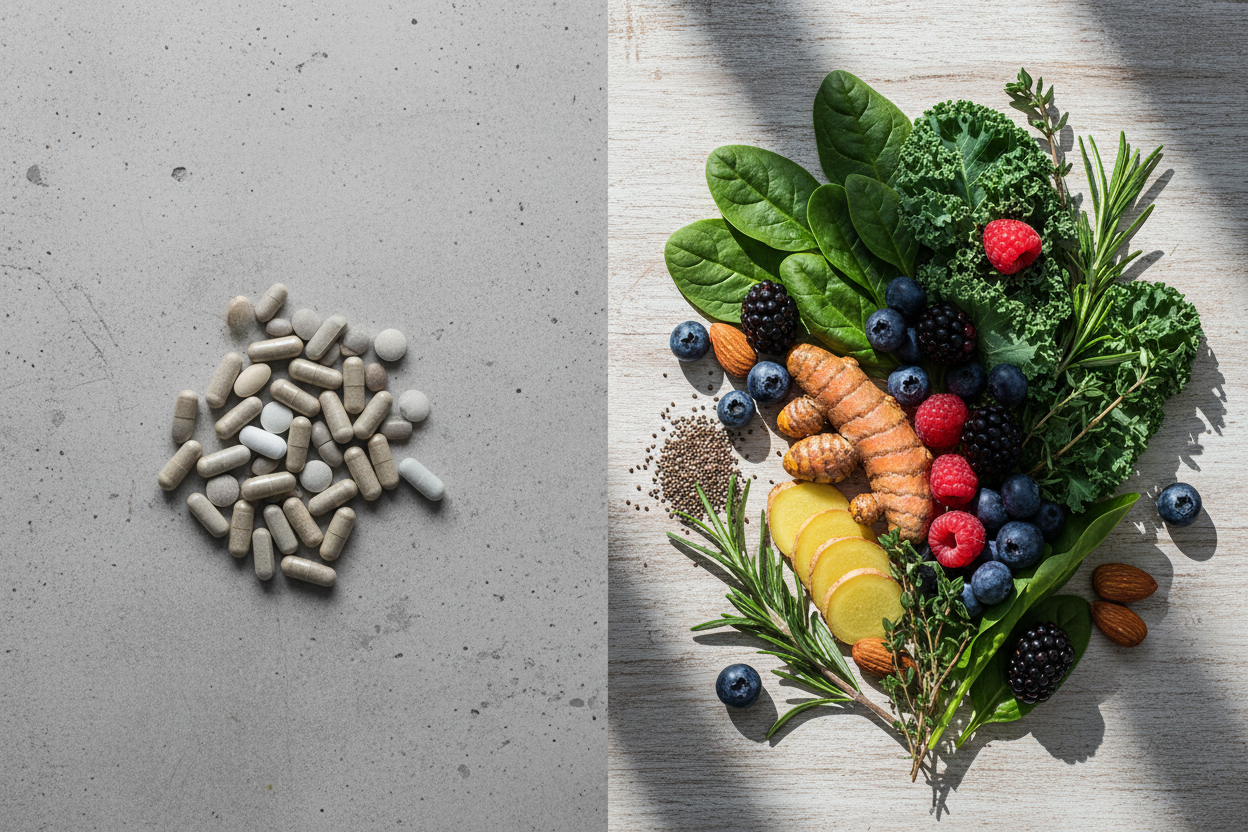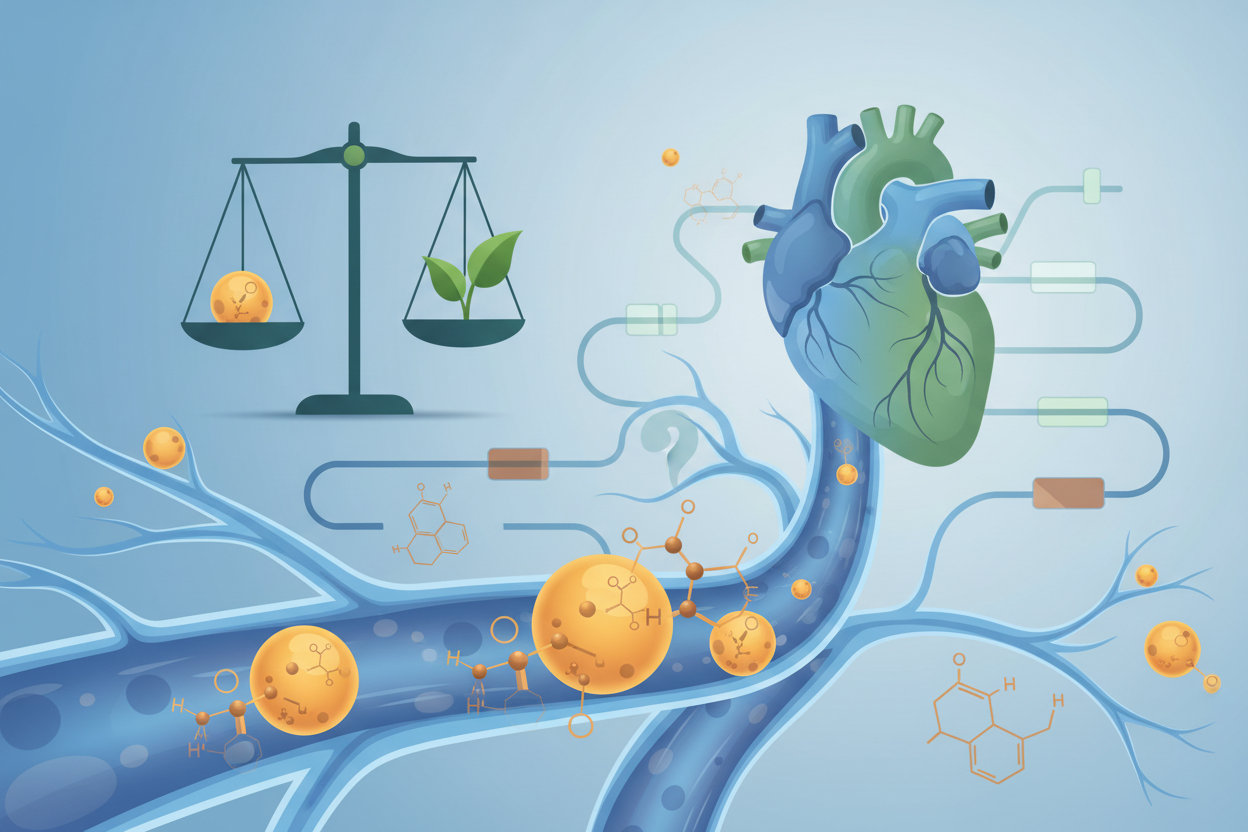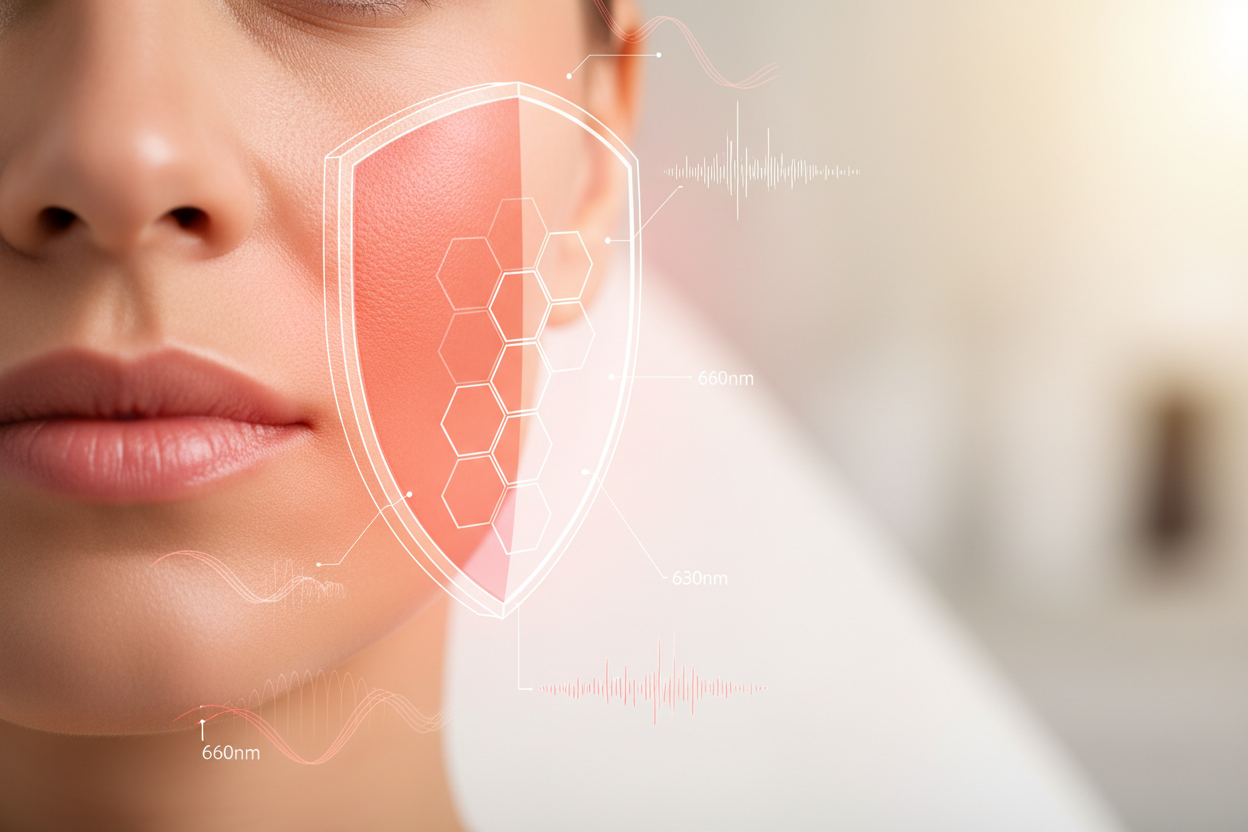
Sun, melanoma, and longevity: why to fear and not fear the sun's rays
How to achieve a healthy balance between the risk of sunburn and the benefits of UV exposure
-
Introduction: The Sun as the Connector of Life
The view of the sun is polarized in our modern society:
• Dermatologists warn against the danger of repeated skin burns and the development of skin tumors.
• Epidemiological studies however, they increasingly show that complete avoidance of the sun can be at least equally risky for our health and lifespan.
How to navigate this apparent dichotomy? Let's look at the main arguments of both sides and what recent research says.
2. Skin burns and melanoma: is it really cause and effect?
• Burning = risk of mutations?
Burned skin (pain, redness, blisters) represents acute damage in which mutations can multiply in the cells. Purely biological From this perspective, it is therefore better to prevent this condition.
• It's not that black and white
From the analyses, it follows that not every repeated sunburn automatically leads to melanoma and that some patients who are "exposed to the sun more" show melanoma upon subsequent diagnosis better survival. Hypotheses speak of higher levels of vitamin D, better immune surveillance, and even that these people notice skin changes more easily and earlier they seek help (so-called "skin awareness").
3. "Stop sun avoidance!" – Swedish data and overall mortality
In one of the key Swedish studies (Lindqvist et al., 2016), scientists observed nearly double risk of death (for any cause) in people who avoided the sun, compared to those who were often exposed to it. In the context of other research, this suggests that absence of sunlight may carry with it:
• Worse synthesis of vitamin D , which affects bones, immunity, and the regulation of cell growth.
• Unfavorable setting circadian rhythms and hormones (melatonin, serotonin).
• Reduced physical activity and time spent outdoors, which can increase the risk of cardiovascular diseases and other chronic conditions.
The authors compare the consequences sun avoidance to a similar risk as posed by smoking – something that once seemed impossible.
4. Why "more sun" can help, even if we are worried about melanoma?
1. Earlier detection of skin changes
People who spend time in the sun are more likely to notice new moles or suspicious spots earlier than those who rarely see the sun. Prompt action improves the prognosis.
2. Stable vitamin D level
Sun rays (UVB) stimulate the production of vitamin D, which has anti-inflammatory effects, supports healthy immune system function, and is associated with better body resilience.
3. Regulation of metabolism and lower overall mortality
Long-term epidemiological studies – including those in Scandinavian countries – show that sufficient sunlight correlates with longer lifespan, lower cardiovascular risk, and a reduced incidence of certain cancers.
5. Balance: burning is not desirable, but occasional overheating of the skin is not the end of the world
• When a person occasionally gets sunburned
It is an unpleasant condition and definitely worth avoiding. However The world won't collapse if it happens occasionally and the skin gradually recovers. However, chronic and repeated burning is a warning sign.
• Regular and appropriate exposure is important
If you expose your skin to the sun gradually, without sudden "shocks," it will adapt: pigmentation will increase (if your skin type allows it), and the "skin barrier" will improve.
• Do not forget about your skin type
Light skin types (I–II) burn faster and also have a higher chance of developing melanoma. Therefore, they should dose their sun exposure more carefully and use protective products and creams with SPF.
6. What to take away from this?
1. The sun is life-giving
Avoiding it completely is according to the latest findings rather harmful. It appears that a lack of sunlight can shorten life similarly to other negative factors (smoking, sedentary lifestyle).
2. Reasonable amount of sun exposure
Short a frequent Sun exposure reduces the likelihood of sunburn while providing the body with the necessary dose of UVB for vitamin D synthesis, natural hormone regulation, and improved immunity.
3. When you occasionally get burned, it's no big deal
It is important that it does not turn into regular jev a abyste sledovali, jak vaše kůže reaguje a zda nevznikají podezřelé skvrny.
4. Early detection is key
Don't neglect preventive skin check-ups or self-examinations (skin self-check) to detect any changes at an early stage.
7. Final message: No extremes, but live contact with the sun
Health and longevity are not just a matter of avoiding risks – they are also related to whether give your body a regular dose of solar energy . Data from many studies, including the Swedish Lindqvist study, indicate that constant isolation from the sun probably increases overall mortality, while moderate, yet regular UV radiation exposure brings a wide range of benefits: better metabolism, a more balanced psyche, and a stronger immune system.
"Expose yourself to the sun wisely and as often as possible, and if you occasionally get a little sunburned, the world won't collapse. Sitting indoors all day with technology without exposure to natural light is a much greater threat to your health and lifespan."
Study:
https://pubmed.ncbi.nlm.nih.gov/15687362/



Leave a comment
This site is protected by hCaptcha and the hCaptcha Privacy Policy and Terms of Service apply.